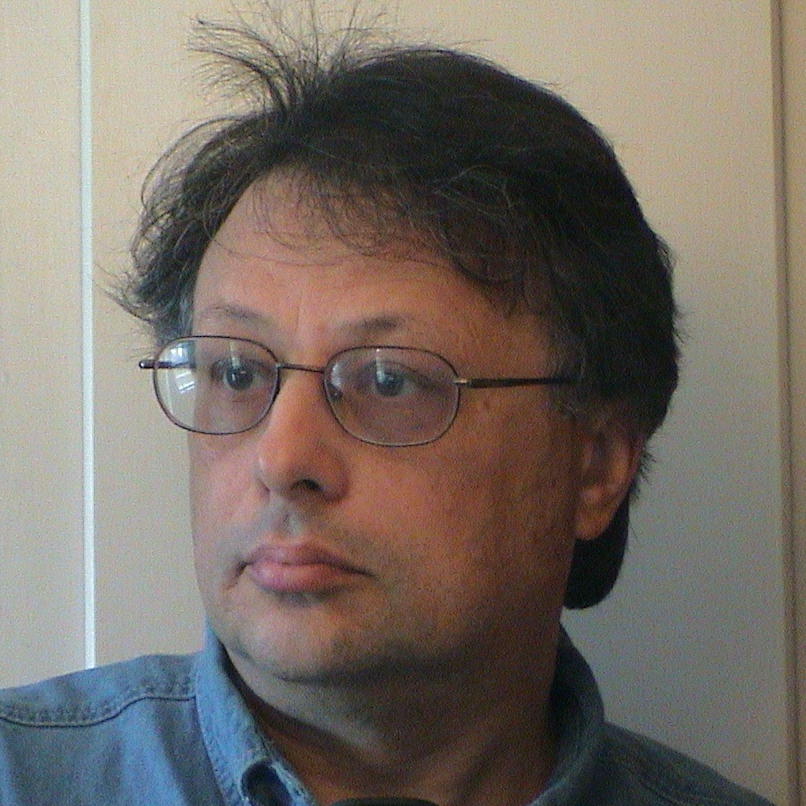
EDWARD SHURYAK
Distinguished Professor
Physics and Astronomy
edward.shuryak@stonybrook.edu | (631)-632-8127, Physics C-139
Research Group Website
Biography
Edward Shuryak was born in 1948 in Odessa, now Ukraine. Successfully participating
in Siberian Mathematic Olympiad, he entered a special school and then Novosibirsk
State University, graduated in 1970, and worked as researcher in Budker Institute
of Nuclear Physics, where he got his Ph.D. in 1974. He started teaching in Novosibirsk
State University in the same year, and in 1982 was promoted to Full Professor. Moving
to Stony Brook University, he was promoted to SUNY Distinguished Professor rank in
2004. From 1993 to 2020 he was Director of Nuclear Theory Center.
Research Statement
Two main directions of his research are both related to Quantum Chromodynamics, the
fundamental theory of strong interactions in particle/Nuclear physics. In mid-1970's
he was involved in studies of QCD at finite temperatures, suggesting now standard
term "Quark-Gluon Plasma" for the QCD phase. Eventually transition to it has been
observed and studied at colliders RHIC (Brookhaven) and LHC (CERN).
Another direction is related with the so called "instantons", describing tunneling between topologically distinct gauge fields. They are to large extent responsible for the so called constituent quark mass, as well as the mass of nucleons and ourselves.
He wrote about 400 research papers, with got near 40000 citations. One of them has 2000+ citations, five 1000+.
Books
(*) "Quark-gluon plasma, heavy ion collisions and hadrons" , World scientific 2024.
(*) "Nonperturbative Topological Phenomena in QCD and related theories", 2021 Shpringer.
(*) "Manybody theory in a nutshell", textbook, Princeton University Press, 2018
(*) "The QCD vacuum, hadrons and superdense matter" World scientific, (exists in two versions, of 1986 and 2005).
Awards
(*) 2003 Awarded by "Dirac medal and lecture", by the University of New South Wales, Sydney, Australia
(*) 2005 A. von Humboldt prize, by Germany.
(*) 2018 HERMAN FESHBACH Prize in Theoretical Nucclear Physics, by American Physics Society


